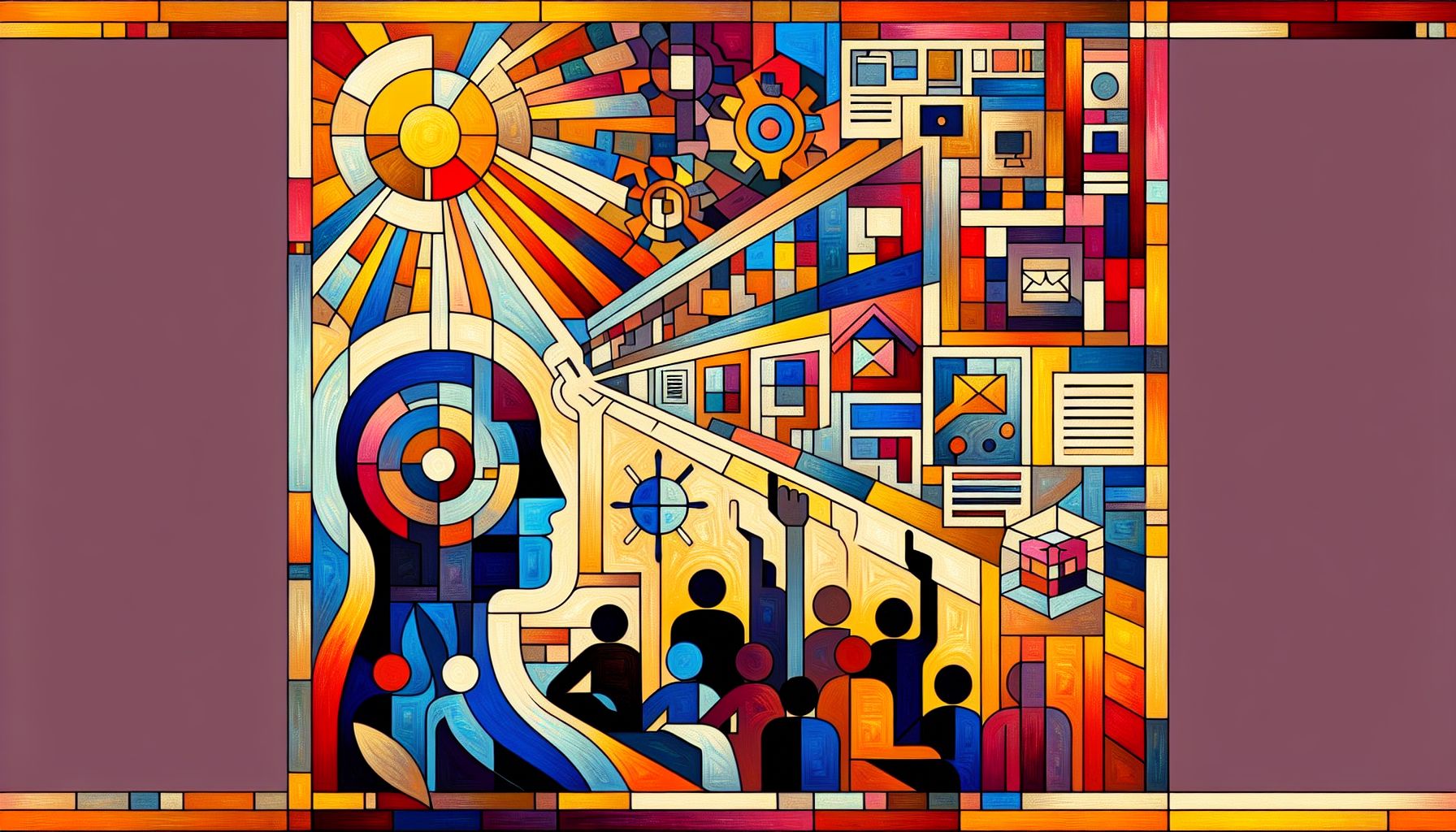Europe Unveils New Media Literacy Guidelines to Combat Misinformation

Europe, Tuesday, 22 October 2024.
The European Digital Media Observatory has launched comprehensive guidelines to enhance media literacy across Europe. Developed with input from over 100 practitioners, these guidelines aim to strengthen public resilience against online misinformation through 12 key principles, emphasizing critical thinking and inclusivity.
A Structured Approach to Media Literacy
The newly launched guidelines by the European Digital Media Observatory (EDMO) offer a structured approach to media literacy initiatives, aiming to bolster the public’s ability to critically engage with media content. These guidelines, meticulously crafted by EDMO’s Working Group on Media Literacy Standards and Best Practices, draw insights from 14 hubs across more than 50 countries, involving over 100 practitioners. This collaborative effort underscores the importance of a unified strategy in addressing the pervasive issue of misinformation in the digital age.
Key Focus Areas and Principles
Central to the guidelines is a set of 12 principles organized into three distinct stages: development, delivery, and review. During the development phase, the guidelines emphasize clearly defined goals, evidence-based approaches, and ethical accessibility. The delivery stage focuses on transparency, adaptability, and preparation. Finally, the review stage highlights the importance of endurance, reflection, and evaluation. These principles are designed to guide civil society, educators, policymakers, and media professionals in tailoring their media literacy initiatives to effectively combat misinformation.
Endorsement and Impact
The initiative has garnered endorsements from over 60 organizations, including academic institutions, regulatory agencies, and media literacy organizations, reflecting widespread support for the guidelines’ objectives. By targeting a diverse audience, the guidelines aim to foster a resilient society capable of navigating the complexities of today’s media landscape. The focus areas, which include mis- and disinformation, news literacy, wider digital literacy, and algo-literacy, are pivotal in equipping individuals with the necessary skills to discern credible information from falsehoods.
Global Context and Upcoming Events
In the broader context, the launch of these guidelines coincides with UNESCO’s Global Media and Information Literacy Week, slated for 24-31 October 2024, with events set to take place in Amman, Jordan, and other locations. These events will further explore the role of media literacy in addressing challenges posed by new digital frontiers and technologies such as Generative Artificial Intelligence. The upcoming discussions and workshops, involving partners like DW Akademie and MediaWise, will delve into topics such as AI’s impact on public-interest information and strategies for empowering marginalized communities.

